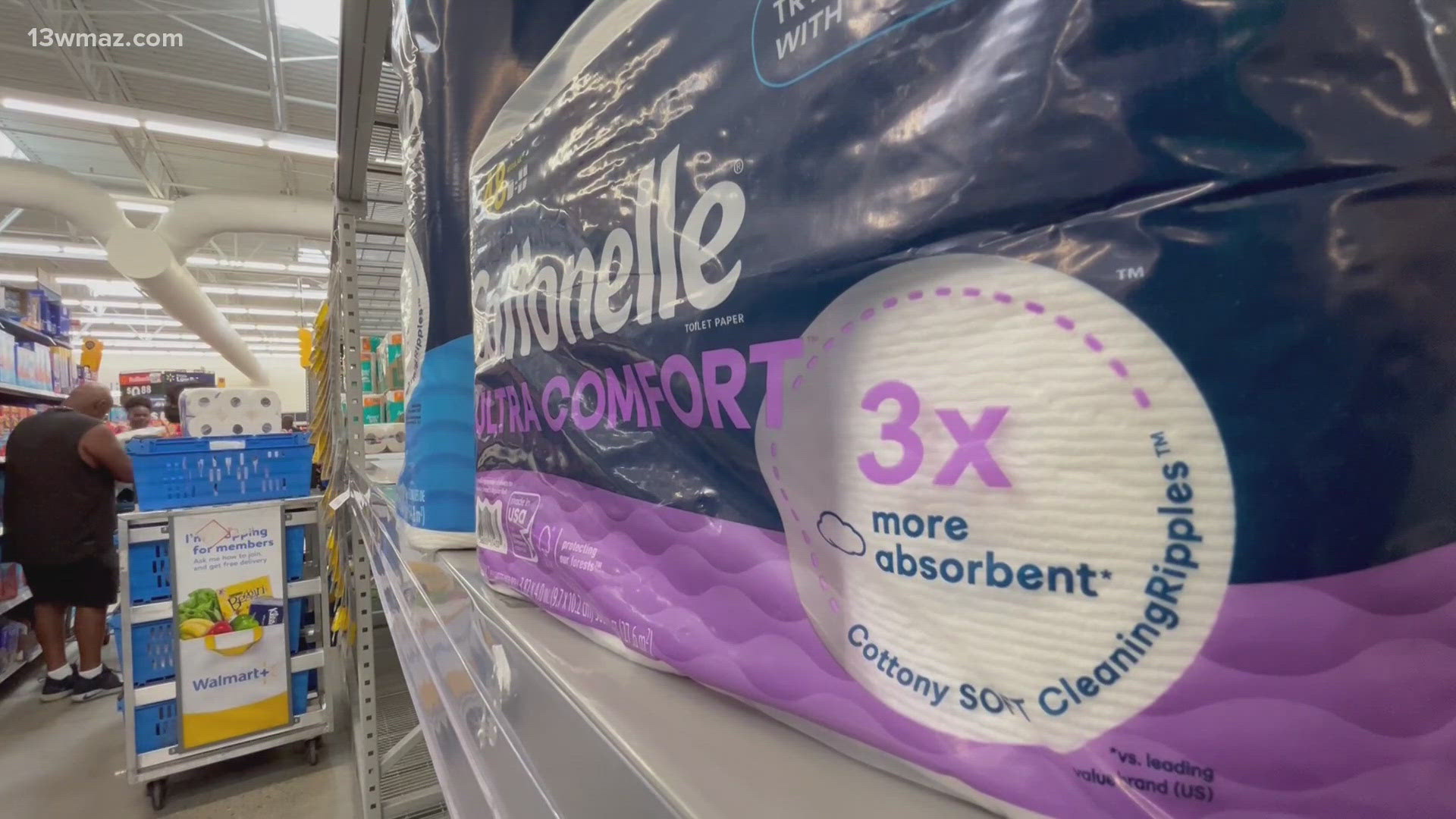MACON, Ga. — After three days on strike, 45,000 dock workers have agreed to resume working.
During the strike, they demanded better wages and they wanted to stop replacing dock workers' jobs with automation.
14 sea ports were shut down across the East and Gulf coasts as union dock workers fought for new contracts. This included longshore workers at the port of Savannah.
These ports handle most of the nation's coffee, tea, spirits and beverage imports, medical and surgical instruments and vehicle exports.
If the strike had continued - or if it resumes later - it could have caused shortages across the nation.
THE QUESTION
Should you start stocking up on household items in the event of a dockworker strike?
THE SOURCES
Greg George, Middle Georgia State University Oliner Professor in Free Market Economics
American Farm Bureau Federation
THE ANSWER
No, you should not start stocking up on household items.
WHAT WE FOUND
"The first few days are fairly inconsequential," George said.
Being three days into strike, George says you likely wouldn't see the impact for at least a week.
"I've heard that if it goes as much as three weeks, 3 to 4 weeks, it, it could have impacts through January," he said.
Many stores already have empty shelves of toilet paper, paper towels, and even water. While much of it was taken to prepare for Hurricane Helene and support its victims, some people question if they should also prep for the strike.
George says these aren't the items you need to stock up on.
"All the toilet paper is made in the U.S.," he said.
Instead, The American Farm Bureau Federation says we'll see the biggest impacts in imported alcoholic drinks, produce like bananas, cherries, coffee, canned food, and chocolate.
George says it can impact computer electronics at stores like Walmart and Best Buy, and may impact the automotive industry.
"If your car breaks down, it might be difficult getting parts," he said.
Farmers will also be affected if the strike lasts. The American Farm Bureau Federation says it could lead to an oversupply of domestic goods. Hurting the exports for the nut, cotton, red meat and dairy industries.
"The good news is if we can't export our food, we won't run out of food here, we'll be able to have plenty," George said.
He says that President Biden could utilize the Taft Hartley Act which would force union workers to go back to work due to national security interests or national economic interests.
However, he says in turn workers could also choose to do a sit in strike.

